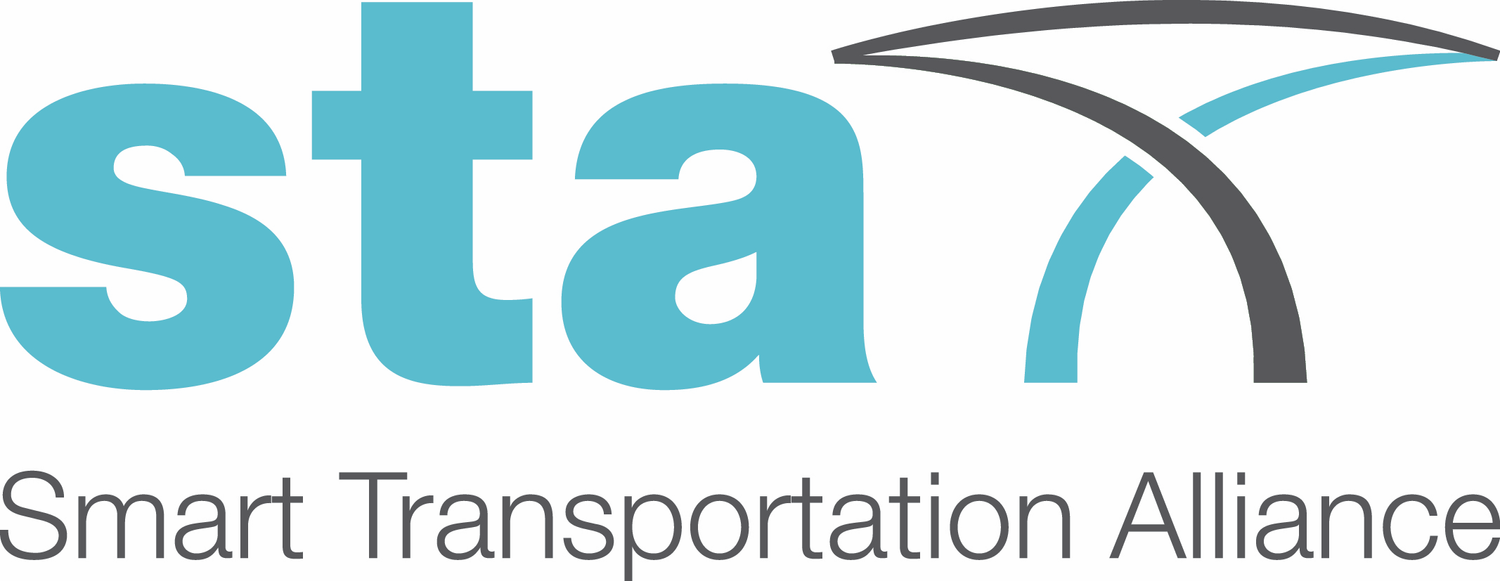STA SURVEY ON SMART SUSTAINABILITY (TC3) HIGHLIGHTS THAT ENHANCED SUSTAINABILITY PERFORMANCE IS AT REACH
The STA Technical Committee on Smart Sustainability, TC3, chaired by Mr César Bartolomé, carried a survey during the month of September to assess the opinion of our readers with regards to the sustainability of transportation infrastructures and smart cities.
The survey covered the different key aspects necessary to achieve efficient, climate-resilient and socially-meaningful infrastructures.
84 transport and mobility experts from across the world have contributed to the survey by sharing their views on the current and future hurdles and challenges for sustainability of transport
Most notably the survey highlights that:
87% consider that making infrastructure sustainable is affordable.
Roads and planes are perceived as the less sustainable, with a 50% of respondents considering roads not or only slightly sustainable, and even a higher 57% for planes. Railways are perceived as the most sustainable mode with a 56% voting as fairly or very sustainable.
Around 80% of respondents think that the sustainability performance of all transport modes (roads, planes, railways, ships, urban mobility) is improvable through different measures.
Results are quite mixed regarding which is the most important factor for achieving sustainable transport, measured in a ranking scale 1-5. Yet 50% choose Reducing Carbon Foot Print as the most important factor, while 38% think that reducing non-users disturbance is the less important factor.
Talking about mobility sustainability, the most relevant variables are vehicles (57%) and fuels (51%).
Durability is the most relevant variable for infrastructure to be sustainable, with 47%, followed by Impacts During Operation, with 45%.
Again, very mixed results about which elements are relevant for infrastructure to be sustainable. One third of respondents consider that Structures (tunnels, bridges or terminals) would be the most relevant.
For 63% of the respondents the correlation between sustainable and smart is high or very high.
In the scope of Urban Mobility, Public Transport (63%) and Users Behaviour (46%) are regarded as the most relevant elements.
Compared with 10 years ago, all dimensions related to sustainability are perceived in general between slightly and fairly sustainable, for at least a 60% of the answers.
In addressing sustainability, most respondents believe that both infrastructures and mobility can be made more sustainable, and the transport modes, improved. For infrastructures, attention should be put to their durability and their ‘smart’ nature. For mobility an improvement in the environmental impact, especially for roads and air modes should be pursued.
The results of this survey will be presented during the 2018 STA Annual Conference & Innovation Awards (Brussels, 29 November 2018), where transportation and mobility experts share insights on future challenges for transportation infrastructures.
STA would like to thank all participants for their valuable input to this survey.

